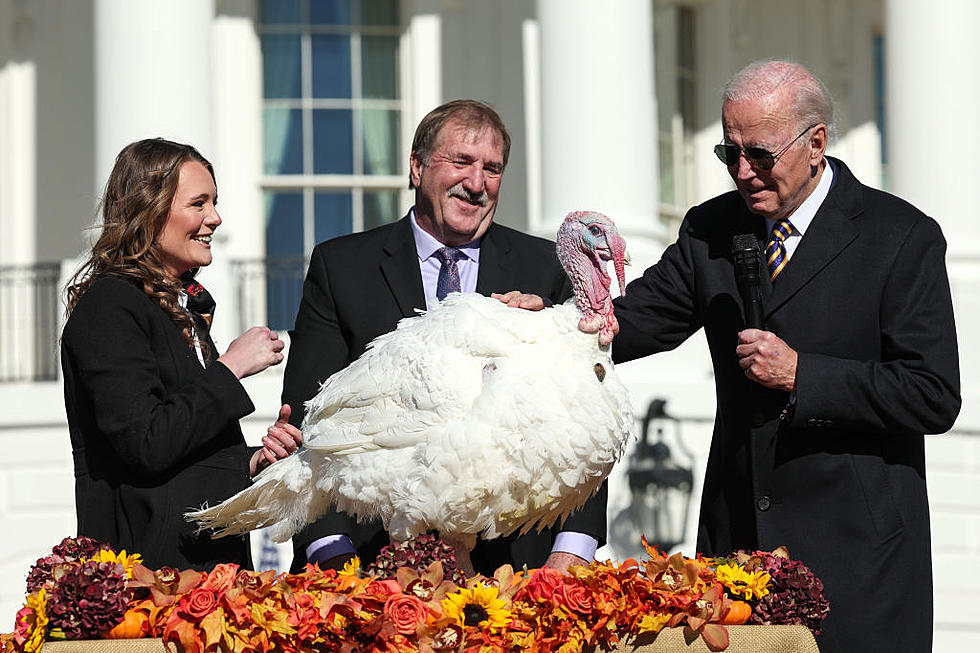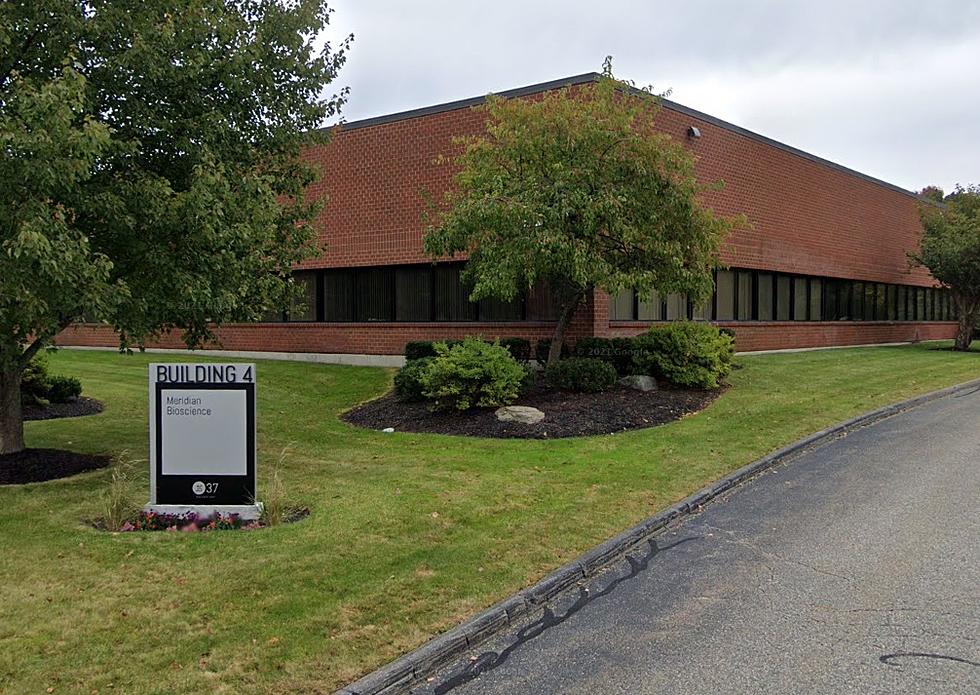
Thanksgiving Safety Tips
It's that time of year for friends, feasts and - if you're not careful - doubled-over abdominal cramping, vomiting and a host of other agonies that come with food poisoning. Novovirus is the most common source of food poisoning. The highly contagious virus causes 19 million-21 million illnesses and contributes to 56,000-71,000 hospitalizations and 570-800 deaths each year in the U.S.
Keep in mind, when you're roasting your holiday turkey, never ever cook it at less than 325 degrees! DON'T RINSE your turkey! Despite what Julia Child might have told us during the height of her authority on all things related to home cooking, we SHOULD NOT be washing our raw poultry — especially not in the kitchen sink! Rinsing raw poultry isn’t a very effective way to clean bacteria from your meal, but it is a great way to spread bacteria around your kitchen. Washing poultry aerosolizes bacteria and splashes it around onto anything within several feet of your sink. Let the cooking process taking care of the bacteria. Plus, from a cooking perspective, you’ll want the turkey skin dry to be crispy when cooked!
NEVER thaw a turkey at room temperature. If you’ve purchased a frozen turkey, thaw it in the refrigerator or in a pan of cold water, changing out the water as often as every half-hour. Start the thawing process at least 24 hours before you plan to start cooking. If you bought a fresh turkey, keep it in the fridge until it’s time to cook. If you decide to cook the turkey while it’s still frozen, you’ll need to cook it for 50 percent longer than the advised time.
Do pumpkin pies need refrigeration? Absolutely!
How fast do I need to refrigerate leftovers? Within two hours!
Remember turkey is safe to eat once it reaches an internal temperature of 165 degrees!
And I also want to include some important information here about our pets and feeding them holiday foods. Thanksgiving brings health hazards to dogs and other pets as well as humans. Don't give turkey bones to pets. Turkey bones and other bird bones are hollow, which makes them likely to splinter. This can cause tears in an animal's esophagus, stomach or intestines. Be careful about leaving chocolate candies out (or kids dropping candy on the floor). Chocolate can cause illness and even death when dogs ingest it. In addition, dogs shouldn't be fed grapes, raisins, onions, alcohol or anything with caffeine. It's also important to keep the string used to tie the turkey and other food wrappings out of reach of pets.
The last place you want to end up on Thanksgiving is the Emergency Room or at the Vet's office. For more information about how to safely handle, serve and store your holiday food, call 1-888-SAFEFOOD (FDA), 1-888-MPHOTLINE (USDA Meat and Poultry Hotline). Enjoy a safe and happy Thanksgiving with your loved ones!
More From WBSM-AM/AM 1420









